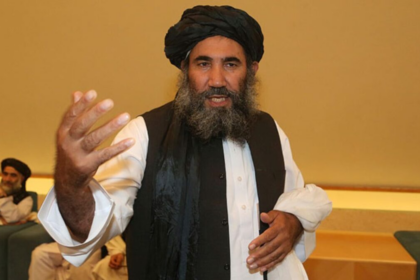RASC News Agency: A violent dispute over pastureland between nomadic Kochis and local residents in Afghanistan’s Ghazni province has left a young man dead, reigniting concerns over ethnic land conflicts that have intensified under the Taliban’s ineffective rule. Local sources report that the deadly confrontation occurred on Sunday, June 22, in the Nahur district of Ghazni, where tensions erupted after Kochi nomads attempted to drive their livestock into grazing fields traditionally used by settled villagers. The altercation quickly escalated, culminating in the killing of Abdul Latif Mohammadi, a local youth. According to eyewitnesses, the conflict began when villagers resisted the Kochis’ encroachment onto local pastureland, prompting a physical clash. The circumstances surrounding the fatal gunshot remain unclear, and no party has been held accountable. As of the time of publication, Taliban officials in Ghazni have remained silent, offering no statements or taking any public steps to investigate or de-escalate the incident a silence that has become routine amid mounting ethnic tensions across the country.
This is not an isolated case. Similar land disputes between Kochis and local communities have long existed in Afghanistan, but under the Taliban’s current rule, they have intensified, driven by the regime’s lack of legal mechanisms and its historical ethnic partiality. Just weeks ago, a comparable clash in Sayedabad district, Maidan Wardak province, resulted in the deaths of two civilians and injury to another, underscoring a trend of unchecked violence. Kochis, predominantly ethnic Pashtuns, follow a semi-nomadic lifestyle involving seasonal migration with livestock. Historically favored by previous Pashtun-led governments, Kochis have long claimed ancestral rights to pasturelands, often in contradiction to the rights of settled non-Pashtun communities who depend on the same lands for survival. These conflicting claims frequently lead to violent confrontations, particularly during the summer grazing season.
Under Taliban rule dominated largely by Pashtun leadership there has been no credible effort to mediate or resolve these deeply rooted ethnic and land disputes. Instead, the Taliban’s approach has been characterized by selective enforcement, silence, and implicit favoritism toward Kochi claims, which has further alienated minority communities and inflamed local grievances. Experts warn that unless structural reforms are introduced and land rights are legally clarified, these disputes could spiral into broader ethnic unrest. The lack of a functioning judicial system, the Taliban’s ideological rigidity, and their failure to provide basic governance continue to erode Afghanistan’s social cohesion and exacerbate localized conflicts.
As Afghanistan faces a deepening humanitarian and economic crisis, the Taliban’s refusal to address intercommunal violence or protect vulnerable populations underscores their broader inability to govern inclusively or justly. What was once a seasonal challenge has now become a potential trigger for more serious unrest under a regime unwilling or unable to deliver stability.






